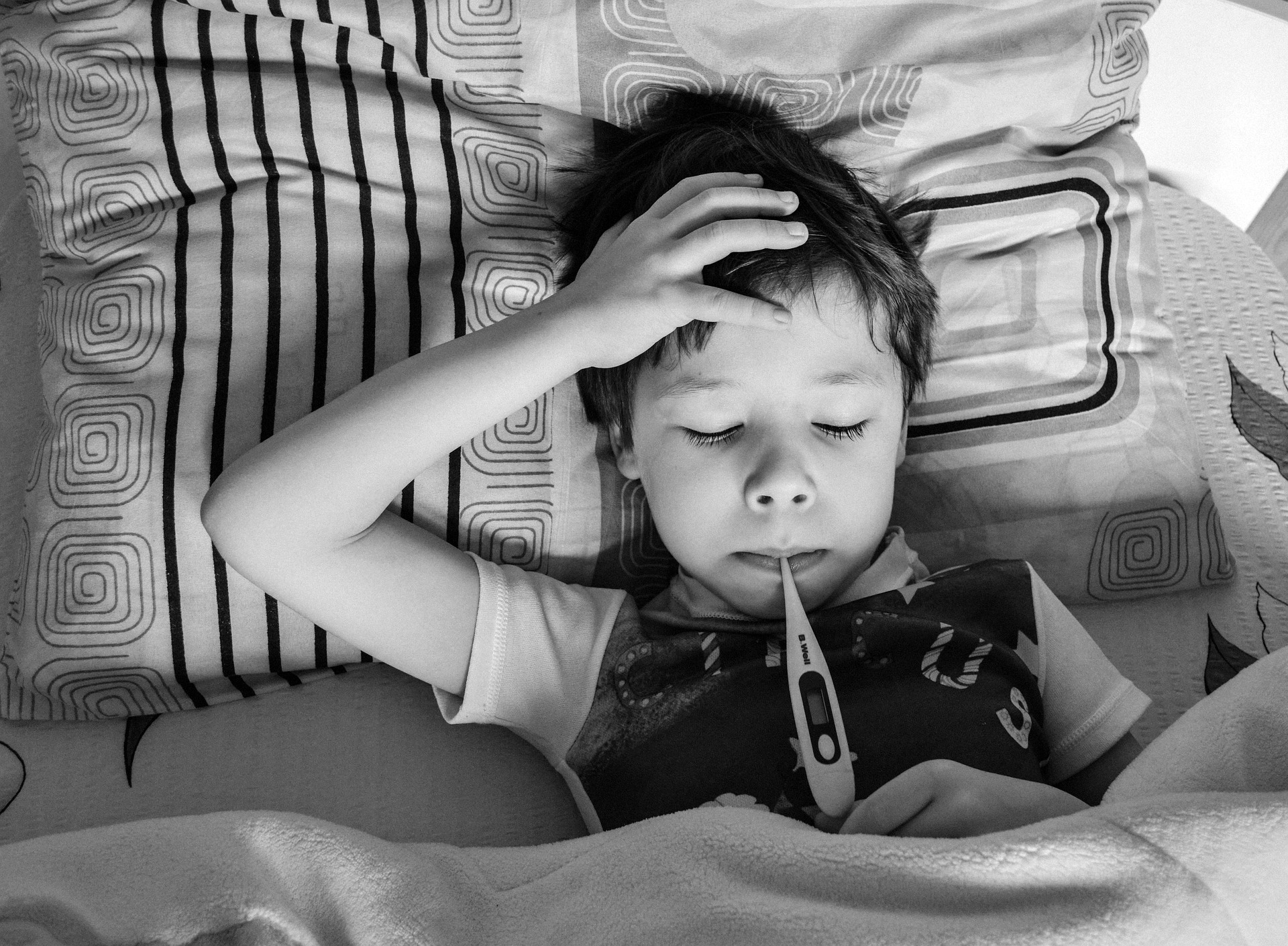The Truth About Flu-Like Symptoms After Getting a Flu Shot
In today’s world, it’s difficult to know what information you can trust (especially when it comes to health claims). One topic that generates a particularly wide variety of information – the annual flu vaccine. Between the anti-vax movement and misconceptions about the flu shot, it’s no wonder questions about safety and necessity arise every year.
One of the most unfounded claims about the influenza vaccine is that it can give you the flu.
We’ll cut straight to the chase – you can not get the flu from the flu vaccine.
To elaborate a bit, any flu-like symptoms after getting a flu shot are not caused by the vaccine itself. While there are several side effects to look out for after getting vaccinated, the flu is not one. And the reasons to get a flu vaccine often outweigh the potential of side effects.
Side Effects of the Influenza Vaccine
The most common side effects to be aware of after getting a flu shot are:
- Soreness, redness, and/or swelling around the site of the shot
- Headache
- Fever
- Nausea
- Muscle aches
Other, more serious side effects to look out for include:
- High fever
- Severe allergic reaction – difficulty breathing, swelling around eyes or lips, hives, paleness, weakness, increased heart rate, dizziness, and hoarseness/wheezing
- *Guillain-Barré syndrome (GBS) – a neurologic condition that causes weakness and paralysis throughout your body
*Some studies have shown a connection between the flu vaccine and GBS in 1 or 2 cases per 1 million people vaccinated. It remains unclear whether the vaccine is an actual cause of GBS in those cases.

Why You Might Experience Flu-Like Symptoms After Getting a Flu Shot
The CDC shares four reasons you may feel sick despite getting vaccinated.
1. You may be exposed to the flu before or shortly after your vaccination
When you get a flu shot, it takes two weeks for the body to develop immune protection. So it is possible that you could be exposed to influenza viruses (even the strains this year’s vaccine protects against) before getting a shot, or shortly after.
2. You may get another respiratory virus
The flu vaccine only protects against influenza, so you remain susceptible to other (less common) respiratory illnesses despite getting a flu shot. Respiratory viruses like bronchitis, croup, pneumonia, rhinovirus, coronavirus, and the common cold may cause similar symptoms as influenza.
Because these respiratory illnesses share a peak season, it is relatively likely that you could contract a virus besides the flu around the time of your flu vaccine.
3. You could be exposed to an entirely different influenza strain
Scientists review the flu vaccine annually and update it to protect against the three (trivalent) or four (quadrivalent) strains of the flu they believe are most likely to affect the US. Flu-like symptoms after getting a flu shot could mean you were exposed to a flu virus not covered in this year’s flu vaccine.
This can be frustrating and lead one to believe the flu shot is not effective. But… it is highly likely that the vaccine did protect you at some point during flu season against the strains it was developed to protect against.
4. You may still get the flu
While flu-like symptoms after getting a flu shot are not caused by the vaccine itself, it is possible to get the flu despite being vaccinated. The vaccine varies in its effectiveness and sometimes, even people who get a shot may still get the flu.
Despite your best flu prevention efforts, you could still get sick. But vaccination reduces that risk substantially.
The flu vaccine isn’t perfect, but it reduces one’s risk of illness by 40-60%.
We’ll take those odds and hope you will too! Give us a call when you’re ready to get vaccinated!
And if you’re brainstorming ways to keep your employees productive through flu season, look no further than on-site flu shots. We’ve got you covered!